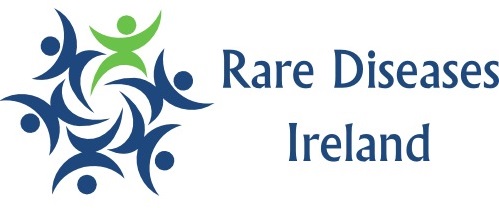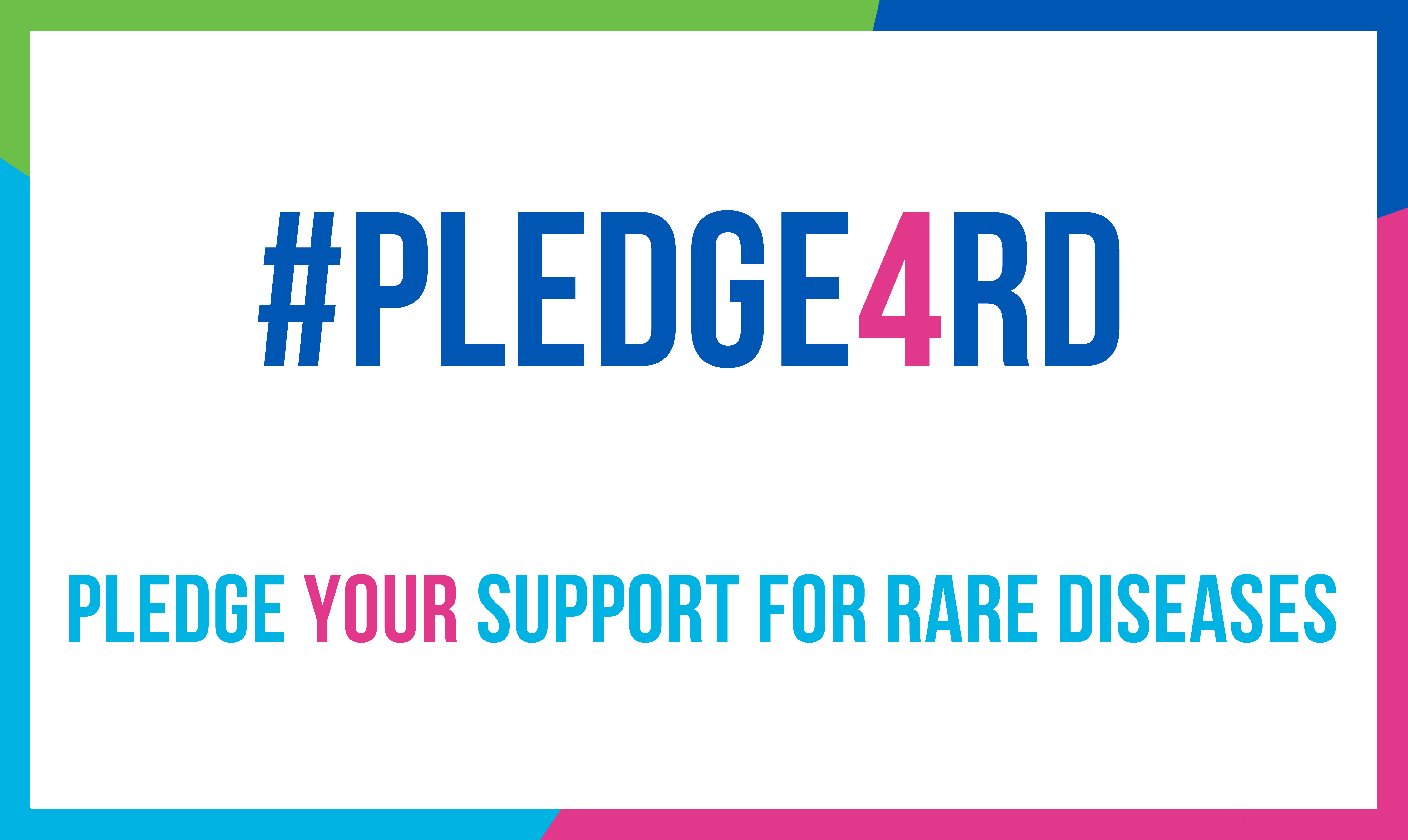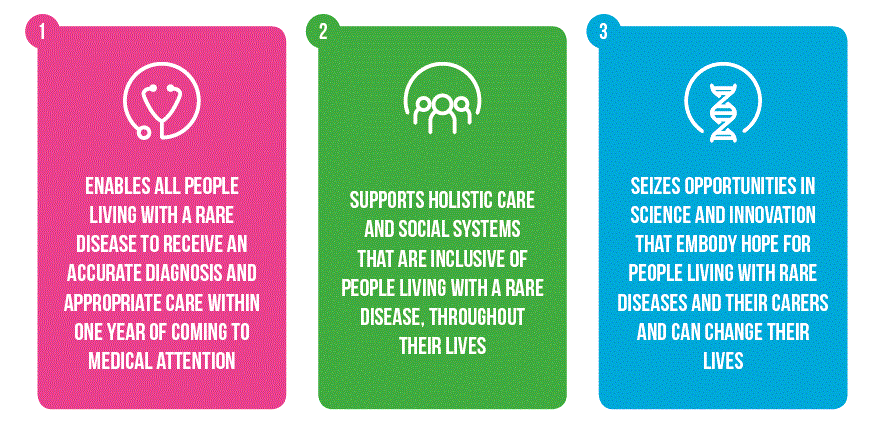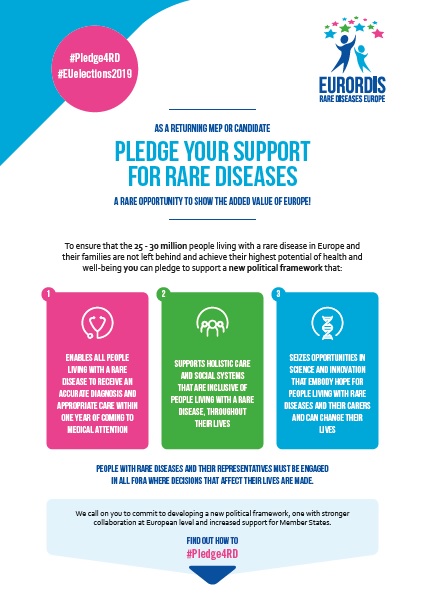On 24 May 2019, people in Ireland will vote for the Members of the European Parliament (MEPs) they want to represent them for the next five years. To ensure that the 300,000 citizens of Ireland living with a rare disease and their families are not left behind and achieve their highest potential of health and well-being, we are calling on all candidate MEPs to #Pledge4RD.

How can MEP candidates #Pledge4RD?
1. Print the #Pledge4RD sign.
2. Post their photo on social media using #Pledge4RD #EUelections2019 and tagging @RareDiseasesIE
Suggested tweets:
I support #Pledge4RD to ensure European citizens living with a rare disease (300,000 in Ireland) are not left behind @RareDiseasesIE @EURORDIS #EUElections2019
I support #Pledge4RD framework that provides accurate diagnosis, holistic care and seizes opportunities in science & innovation for rare diseases @RareDiseasesIE @EURORDIS #EUElections2019
Why should MEPs care?
Because rare is common. Many people are affected by a rare disease or know someone who is. Rare diseases affect 25-30 million people in the EU, ~ 5-7% of the EU population. These figures increases when considering the carers, families and friends who need to support their loved ones. There are over 6,000 rare diseases. The reality is that most people know somebody that is affected by a rare disease, whether they realise it or not.
Now is the time to call on returning & candidate MEPs to pledge their support for rare diseases.
To ensure that the 25 – 30 million people living with a rare disease in Europe and their families are not left behind and achieve their highest potential of health and well-being, MEPs can #Pledge4RD to support a new political framework. For further detail, read the full pledge leaflet.
How has the EU impacted rare disease patient care?
- Adoption of the EU Regulation on Orphan Medicinal Products in 1999
- Adoption of the EU Commission Communication on Rare Diseases in 2008
- Adoption of the EU Council Recommendation on European Action for Rare Diseases in 2009
- Adoption of the EU Directive on Patients’ Right to Cross-Border Healthcare in 2011
- The promotion and maintenance of rare diseases as an EU Public Health Policy priority and an EU Research Framework Programme priority
- Promotion of National Plans and Strategies on Rare Diseases in EU Member States and beyond, resulting in the publication of the Irish National Plan for Rare Diseases in 2014
- Establishment of 24 European Reference Networks providing every rare disease patient with direct access to the expertise of specialist health care providers across Europe.



